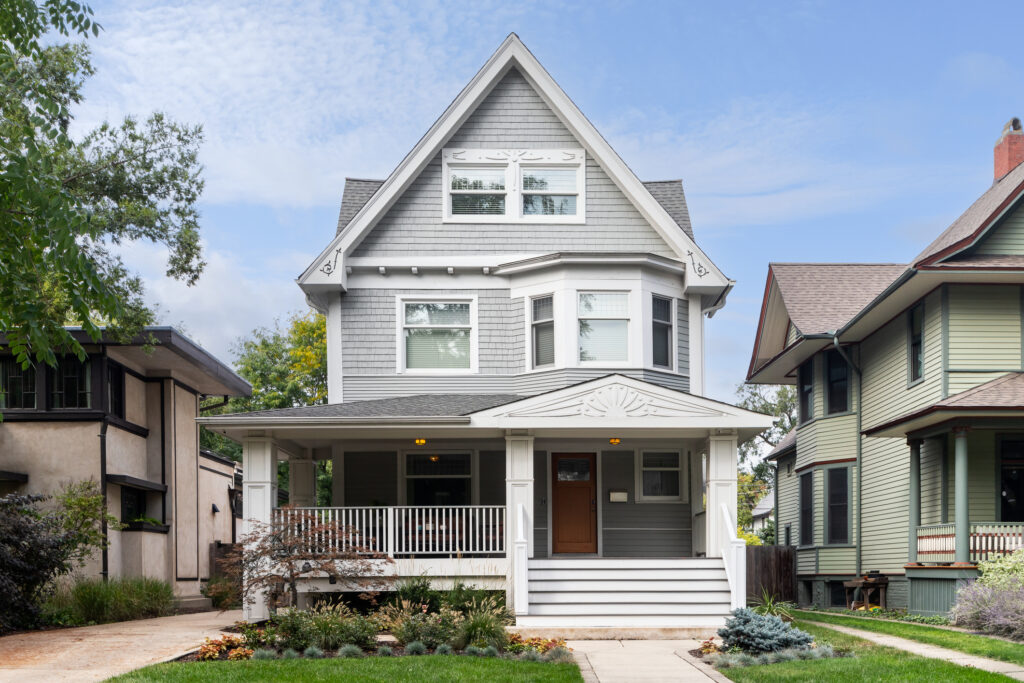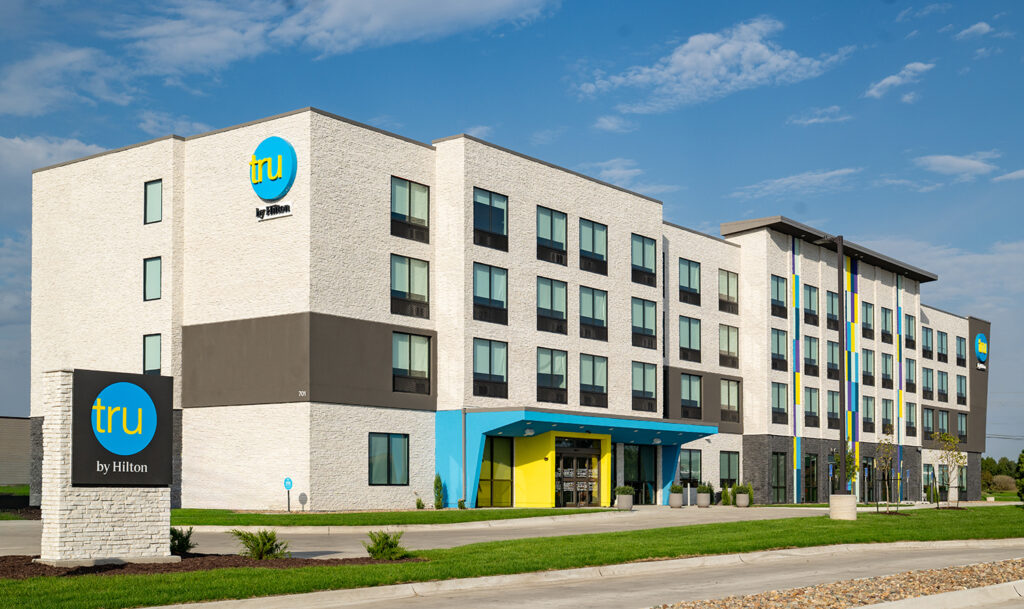NOTEBOOK – One Good Read: Microsoft offers more money than talk toward affordable housing crisis; Boston weighs a plan

KENT DARR Jan 17, 2019 | 5:34 pm
2 min read time
426 wordsArts and Culture, Business Record Insider, Real Estate and Development, The Insider NotebookGreater Des Moines can count a few shining examples of affordable housing, most of it out of sight and probably out of mind in various pockets of the metro. Not that we don’t spend a fair amount of time talking about the issue, but to be honest, we tend to talk out of both sides of our big — as in Greater Des Moines big — mouth. We’re not sure where we want it.
The Des Moines City Council uttered a fair amount of words not too long ago about whether affordable units were appropriate for a downtown high-rise. And the city knows the burden. It wasn’t too long ago that city officials waged a campaign, successful by the way, to have suburban communities share in the costs of administering the federal Section 8 low-income housing program. Developer Frank Levy plans to bring affordable senior housing on the corner of Martin Luther King Jr. Parkway and what is emerging as a lively mixed-use neighborhood of new development along Southeast Sixth Street. Affordable housing could help fill some vacant land at Merle Hay Mall.
Still, we struggle with the issue. The New York Times reported Wednesday that Microsoft Corp. has decided to empty $500 million from its very deep pockets — it is the wealthiest company on the planet — to pay for affordable housing in Seattle, where a housing crisis has worsened with the growth of the company and other tech hubs. Amazon also is based in Seattle. We have to wonder whether Bill Gates has noticed that there is a dearth of affordable housing in Greater Des Moines, where the company has two data centers and is planning a third. Out in Boston, the City Council is considering a fee on high-end real estate transactions as well as a “flipping” tax on some properties that are sold twice within two years, the Boston Globe reported earlier this week.
On a loosely similar note, Greater Des Moines housing advocates have suggested requiring that tax-backed development deals include an affordable housing component. So far, developers have been encouraged to provide a few affordable units in their apartment plans. Last year during a Des Moines City Council discussion, a councilman suggested another approach. Maybe the private sector could pay higher wages that would make rents more affordable. Meanwhile, the Greater Des Moines Partnership, the very hub of private-sector doing, thinking and studying, is leading an effort through Capital Crossroads to put hard numbers to the need for what is euphemistically called “workforce” housing. We’ll wait for an answer.










